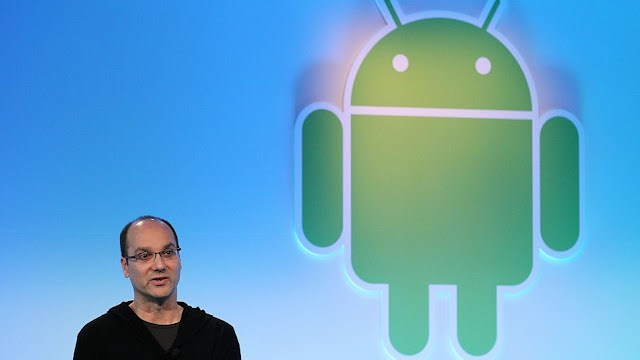More than a decade after Andy Rubin sold his Android mobile operating system to Google, he's back in the mobile phone game.
On Monday he posted a tweet with a sneak peek at the upcoming phone from his new company, Essential. In the super vague post, Rubin, who left Google several years ago, wrote he was "eager to get it in more people's hands." We have to assume he's talking about the phone someone's holding in the picture.
All we can see of the phone is the top right corner where it shows the time and a few icons.
In a Bloomberg profile of Essential from January, the new smartphone was described as a "high-end smartphone with a large edge-to-edge screen that lacks a surrounding bezel." Looks like that bezel-less and big screen concept will be reality, based on the photographic evidence.
The Essential phone is intended to rival Apple's iPhone and Google's Pixel.
Let's see if Rubin can work his magic again.



Comments
Post a Comment